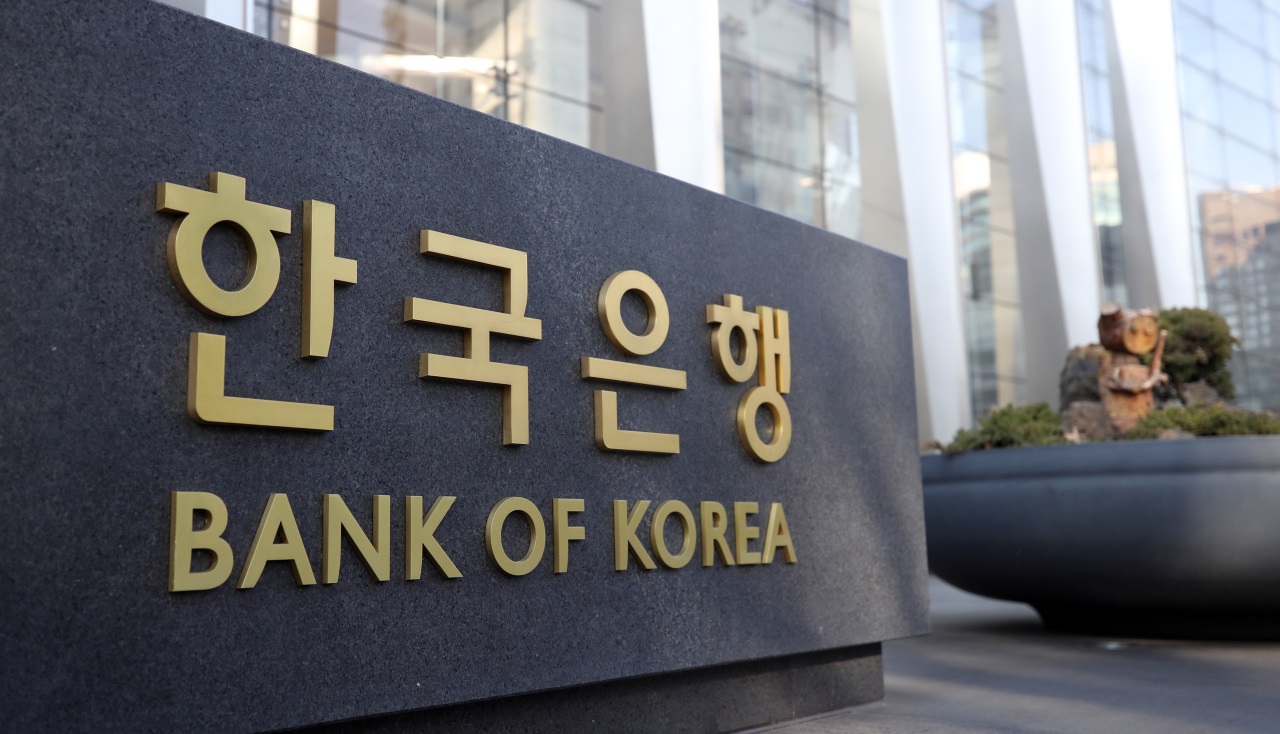In the face of mounting household debt, the Bank of Korea (BOK) is underscoring the vital importance of effectively managing financial stability alongside price risks. With household debt in South Korea hitting an all-time high in June, and mortgage loan demand on the rise, the central bank is urging a more proactive approach to avoid excessive leverage and risky asset investments during periods of loose monetary policy.
South Korea’s total household debt has now reached a staggering 105.0% of its GDP, positioning the country as the third highest among the 43 main nations analyzed by the Bank for International Settlements, trailing only behind Switzerland and Australia. This concerning level of debt has prompted the BOK to consider a new approach, calling for the implementation of a ‘prudential monetary policy’ that would prioritize financial stability alongside the already established goal of price stability.
Despite the surge in household debt, the BOK acknowledges that it poses a limited immediate threat to financial stability, as the loan-to-value ratio remains low, and a significant portion of the population consists of high-income earners. However, the central bank has sounded the alarm about the potential negative long-term consequences on economic growth and inequality. As a result, policymakers are being urged to communicate more cautiously to ensure that households are well-informed about the potential risks stemming from any future interest rate changes.
As of now, the BOK has refrained from altering its monetary policy since the last interest rate increase in January. Nevertheless, some board members maintain that the possibility of future rate increases is not off the table. This cautious stance highlights the bank’s concern about maintaining a balance between stimulating economic growth and mitigating the risks posed by escalating household debt.

